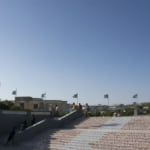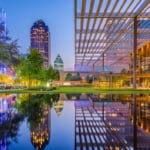Name: Intramuros
Address: Intramuros, Manila, 1002 Metro Manila, Philippines
Related Site: http://intramuros.gov.ph/

Manila: 10 Things to Do in the Vibrant Capital of the Philippines
The bustling city of Manila is the capital city of the Philippines. With a rich and vibrant history, being colonized by the Spaniards in the 16th century, Manila is home to a fascinating range of sightseeing destinations that show the city's past. Journey around the city of Manila and see ten of the best sightseeing destinations that can be found in Manila.
table of contents
[x] close
Manila: 10 Things to Do in the Vibrant Capital of the Philippines
1. Intramuros
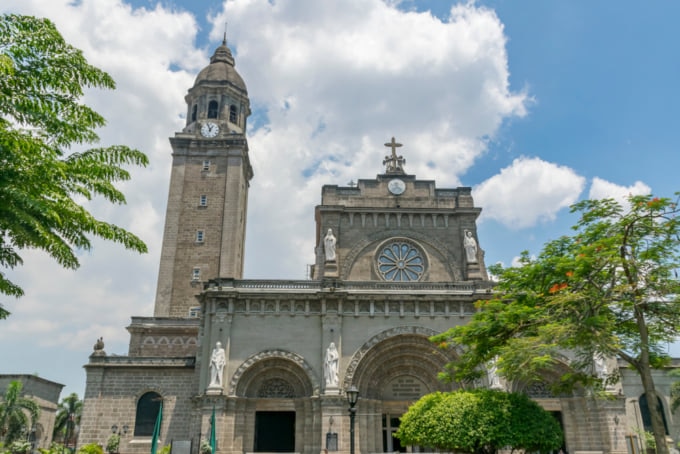
Photo by koji_act/shutterstock.com
One of the first attractions you should head to in Manila is Intramuros. This is a historic walled area within the city of Manila which served as the seat of the government when the Philippines was still under the rule of the Spanish Empire. It also served as the center of education, economy, and religion for the old city of Manila. Construction of the walls was finished in the 16th century under the leadership of Miguel Lopez de Legazpi. When visiting Intramuros, you'll be able to witness several structures which were built during the Spanish Colonial Period including churches, houses and forts.
2. San Agustin Church

Due to its rich Spanish influence, Manila is home to various Roman Catholic Churches. The San Agustin Church is one of the most visited churches in Manila located inside Intramuros. Consecrated in 1607, the church is under the auspices of the Order of St. Augustine, and was dedicated to St. Augustine. When walking around the church, you'll be able to see its stunning architecture that mimics different structures built by the Augustinians in Mexico: from the symmetry of the interiors to the paintings and carvings. San Agustin Church has been designated as a UNESCO World Heritage Site under the collective title Baroque Churches of the Philippines.
Name: San Agustin Church
Address: General Luna St, Manila, 1002 Metro Manila, Philippines
3. Quiapo Church

The Quiapo Church, also known as the Minor Basilica of the Black Nazarene and the Parish of Saint John the Baptist, is a basilica in the district of Quiapo. It's the home of the Black Nazarene, a dark-skinned statue of Jesus who is carrying the cross. Such statue is said to be miraculous. It was founded in 1586 by Fray Antonio de Nombela. The church has been constructed in a Baroque style, with its distinctive face and twisted columns on both levels.
Name: Quiapo Church
Address: 363 Quezon Blvd, Quiapo, Manila, 1001 Metro Manila, Philippines
Related Site: http://www.quiapochurch.com/
4. Manila Cathedral
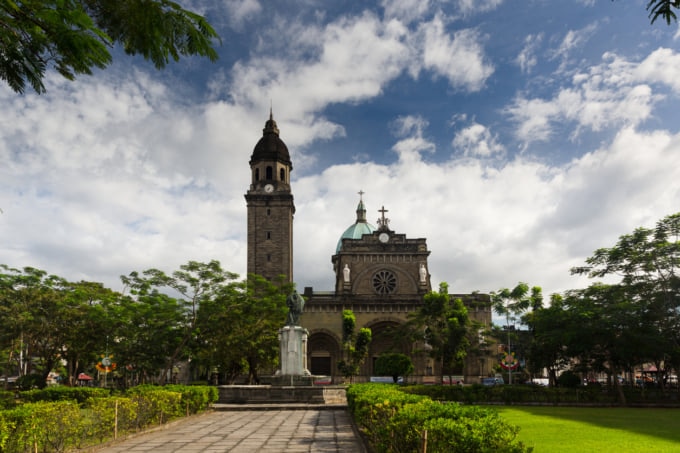
The Manila Cathedral is another Roman Catholic church found within the city. Also known as the Minor Basilica and Metropolitan Cathedral of the Immaculate Conception, the Manila Cathedral was founded in 1571 by Fray Juan de Vivero. It is dedicated to Our Lady of the Immaculate Conception, the principal patroness of the country. It also serves as the episcopal see of the Archbishop of Manila.
Name: Manila Cathedral
Address: Sto. Tomas, Intramuros, Manila, 1002 Metro Manila, Philippines
Related Site: http://manilacathedral.com.ph/
5. National Museum
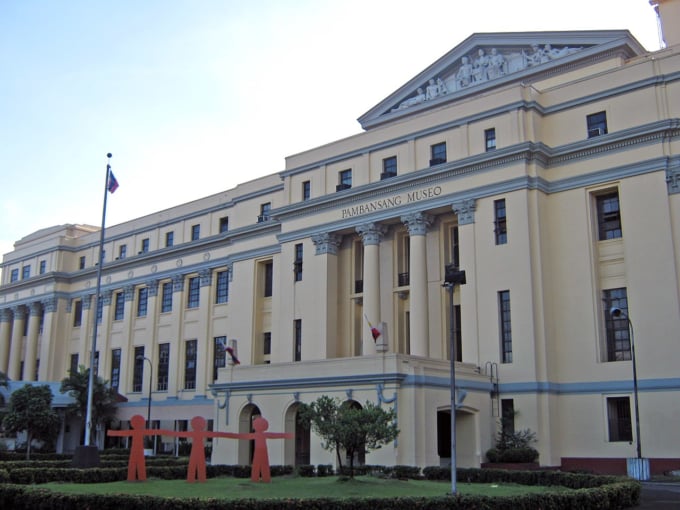
Photo by commons.wikimedia.org
The National Museum of the Philippines is an excellent spot for understanding the culture, history and art of Manila and the whole of the Philippines. It serves as an educational, cultural, and scientific institution that preserves various permanent national collections which feature the archaeological, anthropological, ethnographic and visual artistry of the Philippines. It operates various museums such as the National Museum of Anthropology, the National Museum of Fine Arts, the National Planetarium and the National Museum of Natural History. Each of these structures houses prominent collections that showcase the rich history and artistry of the country.
Name: National Museum
Address: Padre Burgos Ave, Ermita, Manila, 1000 Metro Manila, Philippines
Related Site: http://www.nationalmuseum.gov.ph/
6. Rizal Park

Photo by ESB Professional/shutterstock.com
Rizal Park, known in Filipino as Liwasang Rizal, is a historical urban park in Manila that is dedicated to Jose Rizal, a national hero of the Philippines. Also known as Luneta Park or just Luneta, the Rizal Park is a significant site in the history of the Philippines because it was the place where Jose Rizal was executed on December 30, 1896. The monument which stands at the heart of the park is built in his honor. When walking around Rizal Park, you'll also come across some other famous attractions such as the Noli me Tangere Garden, the Flower Clock, Diorama of Rizal's Martyrdom and the Gallery of Heroes.
Name: Rizal Park
Address: Roxas Blvd Ermita, Barangay 666 Zone 72, Manila, 1000 Metro Manila, Philippines
Related Site: http://rizal.npdc.gov.ph/
7. Baywalk
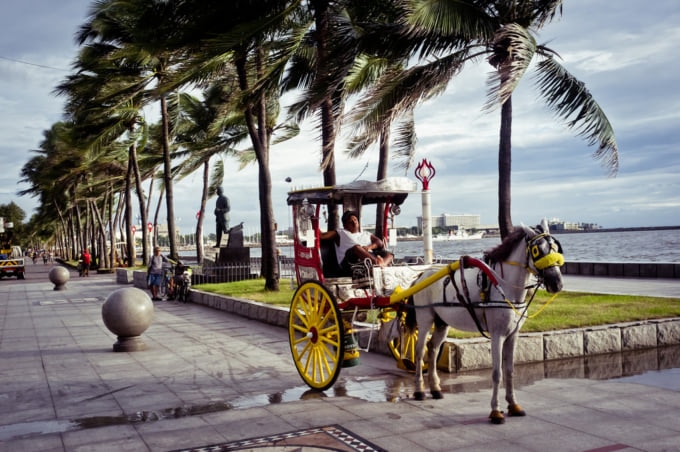
The Baywalk is another distinct sightseeing destination that can be found along the Roxas Boulevard in Manila. This seaside promenade overlooks the iconic Manila Bay. The Baywalk stretches two kilometers from the Cultural Center of the Philippines and the United States Embassy and just past the Manila Yacht Club. This sightseeing spot is especially popular at dusk where visitors come to watch the sunset. Various cafes could also be found near Baywalk where tourists can try local cuisines.
Name: Baywalk
Address: Roxas Blvd, Malate, Manila, 1004 Metro Manila, Philippines
8. Fort Santiago
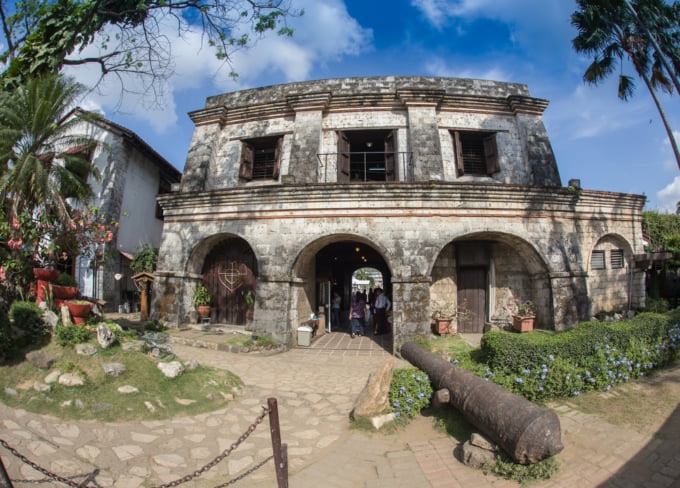
Photo by wassiliy-architect/shutterstock.com
Upon entering Intramuros, it's hard to miss the imposing Fort Santiago, a citadel which was first built by Miguel Lopez de Legazpi, a Spanish conquistador, when he established the city of Manila. It is known in Spanish as Fuerte de Santiago and in Filipino as Moog ng Santiago. This fort is one of the most significant historical sites that can be found in Manila because there were a lot of lives which were lost in its prisons during the Spanish Colonial Period and World War II.
Name: Fort Santiago
Address: Intramuros, Manila, 1002 Metro Manila, Philippines
9. Paco Park
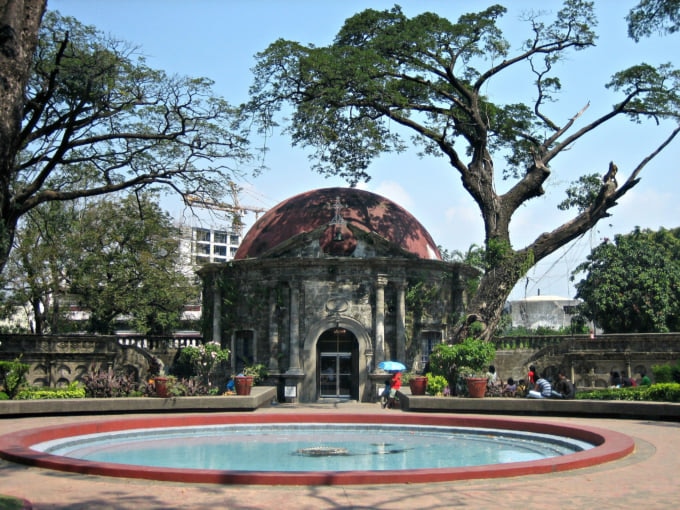
The Paco Park is a recreational garden in the center of Manila. Originally called the Cementerio General de Dilao, Paco Park used to be the municipal cemetery of Manila which was built by the Dominicals during the Spanish colonial era. The park is noted for its circular shape, with an inner fort where the original cemetery once stood. A small Roman Catholic chapel was also constructed inside the park in honor of St. Pancras.
Name: Paco Park
Address: Belen, Paco, Manila, Metro Manila, Philippines
10. Casa Manila
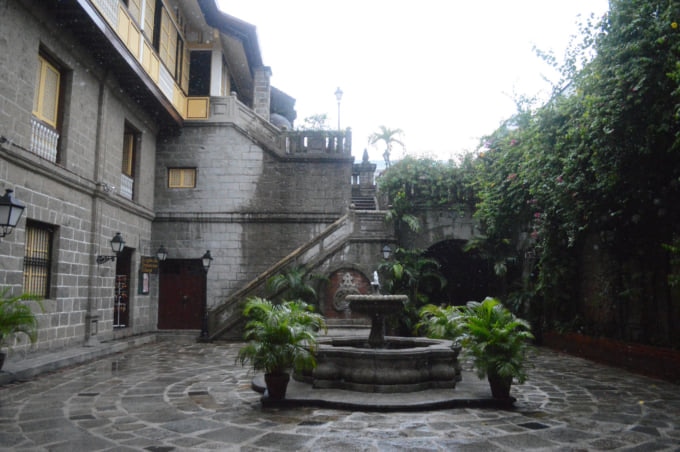
Casa Manila is a museum found within the walls of Intramuros in Manila. It gives a fascinating insight into the colonial lifestyle during the Spanish colonization of the Philippines. Casa Manila is a replica of the San Nicolas House which was once located in the Calle Jaboneros. Inside the house, you'll see various furniture and artifacts that transport you back in time to when the Philippines was still under the Spanish regime.
Name: Casa Manila
Address: General Luna St, Intramuros, Manila, 1002 Metro Manila, Philippines
Conclusion
From churches to old structures, tourists are sure to be amazed by the incredible attractions that can be found around the city of Manila. Be sure to take your time visiting each of the city's popular destinations so that you can experience the rich and fascinating heritage of Manila.
RELATED ARTICLES
REGIONS
CATEGORIES
FEATURED ON the Philippines
-
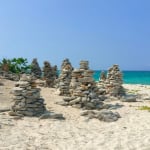
Enjoy the Great Outdoors! 5 Popular Tourist Spots on Masbate Island, Philippines
-
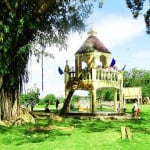
The ancient city in the northeastern part of Mindanao. Top 5 tourist attractions in Butuan!
-

Recommended Winter Escapes! Best Tropical Beach Resorts to Enjoy Summer During Cold Season
-
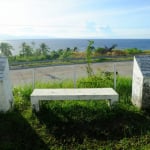
Top 5 Popular Tourist Spots in Surigao | Fully Enjoy the Nature of Mindanao
-
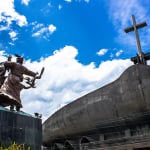
A nature-filled trip to Davao, the Philippines’ third largest city and a popular tourist destination
MOST POPULAR ON the Philippines
-
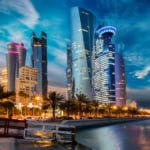 1
1Doha: Must-see Attractions in the Capital of Qatar
-
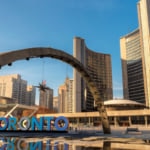 2
2Toronto: 10 Things to do in this Picturesque Canadian City
-
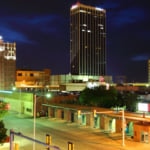 3
3Amarillo: A City Famous for It’s Amazing Canyons, Great History and Music
-
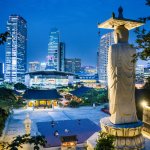 4
4South Korea: Dazzling Scenery, Rich Culture and Fascinating History
-
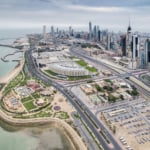 5
5Kuwait: A Country in Middle East Asia Famous for Hot Sand Dunes and Stunning Cityscape

